Keywords: Dignity
There are more than 24 results, only the first 24 are displayed here.
Become a subscriber for more search results.
-
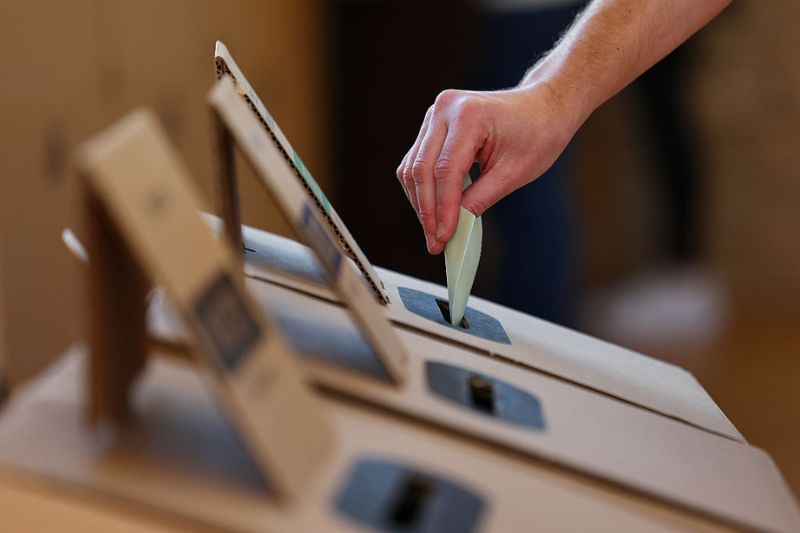
AUSTRALIA
- Max Jeganathan
- 07 May 2025
In the wake of an unexpectedly decisive election, Australians rejected grievance politics from both right and left. What emerged instead was a quiet preference for stability, civility, and competence: qualities that don’t often headline campaigns, but this time shaped the outcome. In 2025, trumpery just didn’t cut it.
READ MORE
-
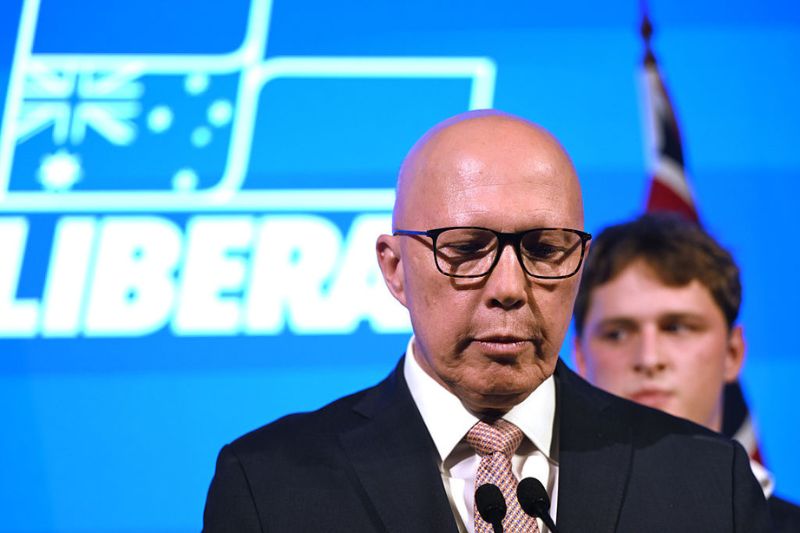
AUSTRALIA
- Andrew Hamilton
- 07 May 2025
In an election full of surprises, the most revealing were not electoral upsets but glimpses of unexpected humanity. Peter Dutton’s gracious concession contrasts with his public record, and urges a politics where words don’t wound, and dignity is not reserved for private life alone.
READ MORE
-
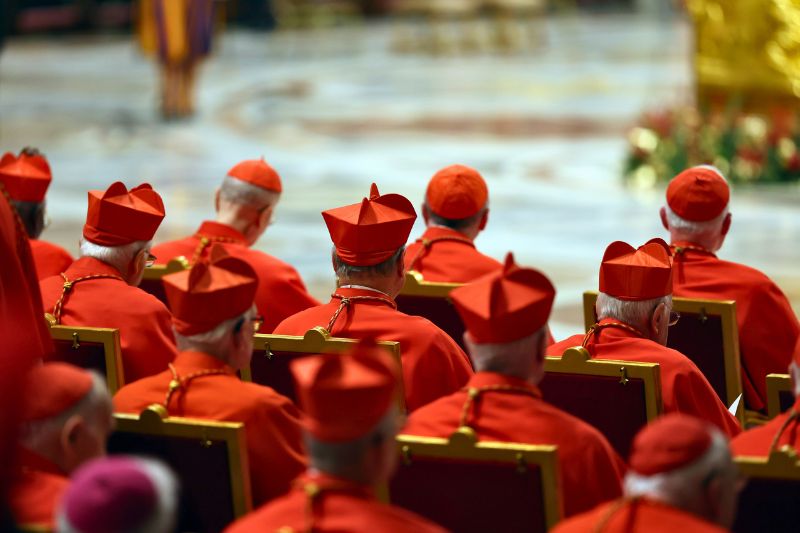
RELIGION
- Miles Pattenden
- 01 May 2025
As cardinals gather in Rome, they must confront declining trust, shifting global power, financial scandals, and unresolved doctrinal divides within the Church. More than a choice of leader, this moment is a reckoning with modernity and the future direction of the Church itself.
READ MORE
-
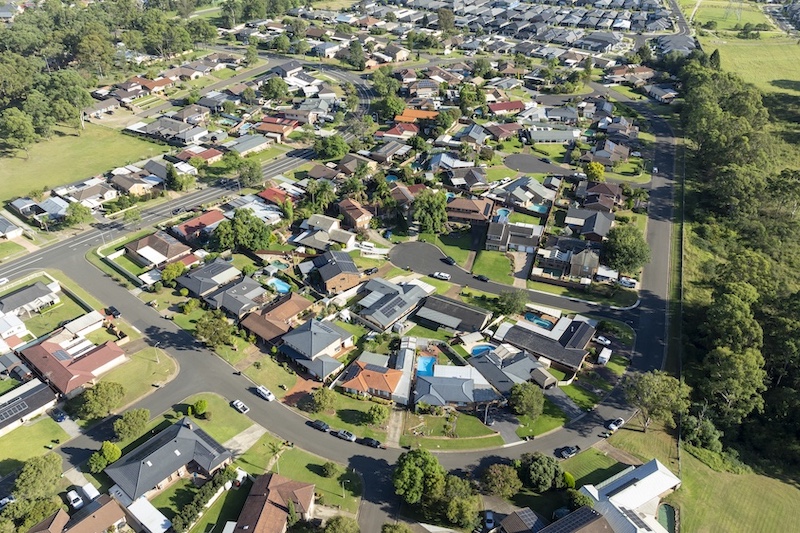
AUSTRALIA
- Bronwen Clark
- 24 April 2025
As Australia moves through another federal election campaign, a quarter of a million new voters in the nation’s outer suburbs remain largely invisible in political discourse. These are not marginal communities in the cultural or economic sense; they are the nation’s most dynamic zones of growth, diversity, and aspiration.
READ MORE
-
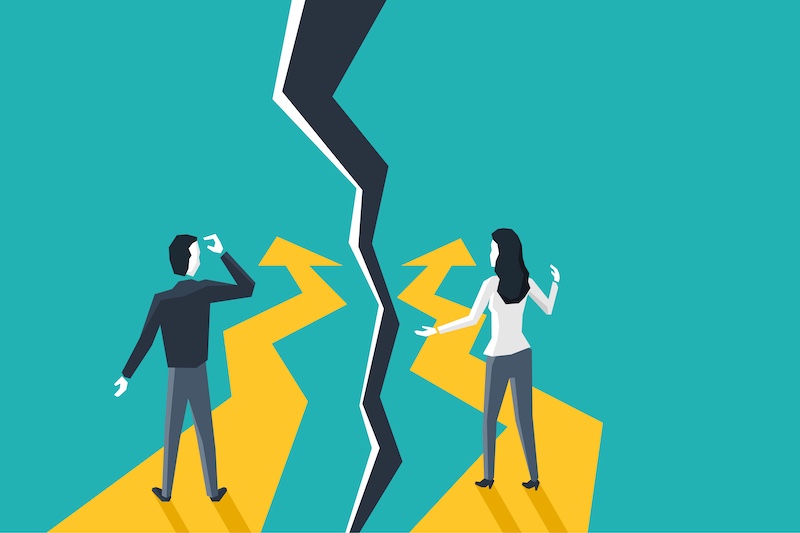
AUSTRALIA
- Andrew Hamilton
- 24 April 2025
This year has been marked by growing introspection concerning our culture. At the heart of the division between a conflictual and an eirenical view of public life lie different understandings of the value of human life and of what it means for human beings to flourish.
READ MORE
-
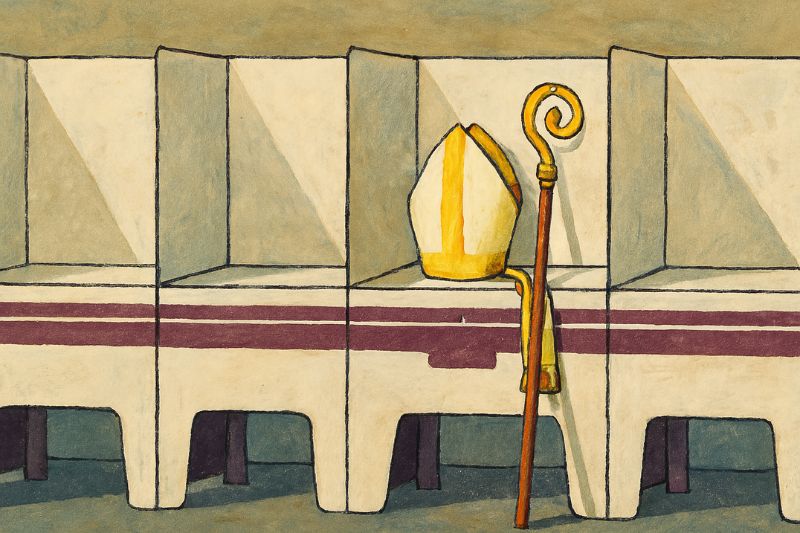
RELIGION
- John Warhurst
- 10 April 2025
As Australia approaches a federal election, the bishops have offered a statement of gentle encouragement themed around hope. Yet in its caution and generality, it raises questions about missed opportunities for moral clarity, national relevance, and a more engaged voice in public life.
READ MORE
-
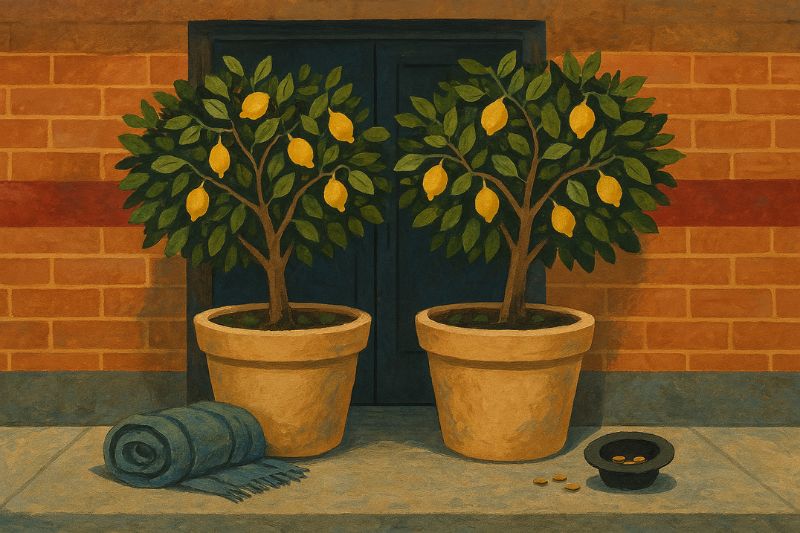
AUSTRALIA
- Barry Gittins
- 10 April 2025
In cities that pride themselves on liveability, a quiet war is being waged against the homeless with urban design and tough bylaws. What appears as civic order is, in truth, a hardening of public conscience, where compassion gives way to concealment, and suffering is swept from view.
READ MORE
-
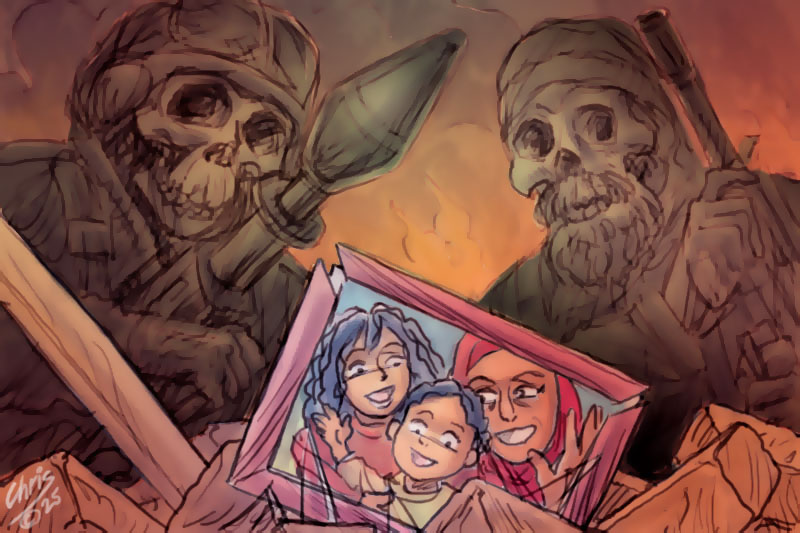
INTERNATIONAL
- Andrew Hamilton
- 10 April 2025
What makes a war just? Can any goal justify the deaths of tens of thousands, the bombing of hospitals, the starvation of civilians? As the devastation in Gaza deepens, these questions press harder. In a conflict marked by profound suffering, what moral, legal, or human standards can still hold?
READ MORE
-
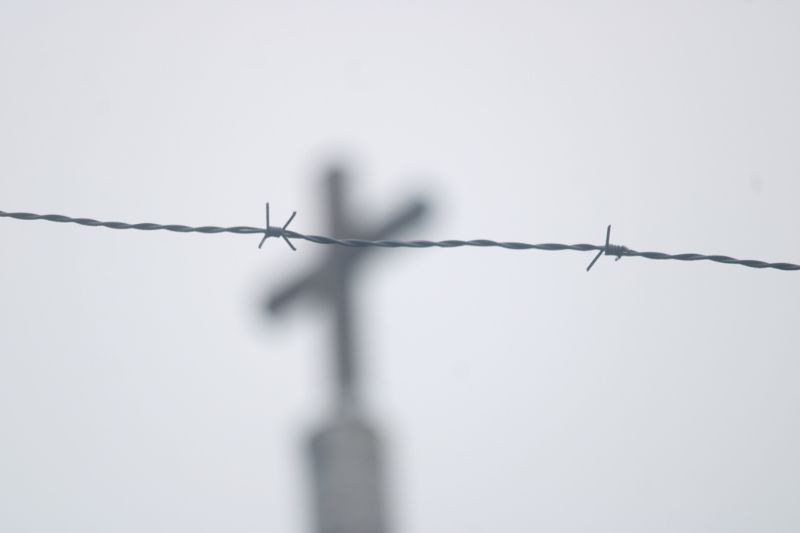
RELIGION
- Vincent Long Van Nguyen
- 01 April 2025
As war rages, the climate suffers and inequality grows, the ancient idea of Jubilee feels newly urgent. Can an economy built on profit give way to one rooted in justice? Can the Church trade power for presence? Renewal may begin where the poor, the displaced and the earth come together.
READ MORE
-
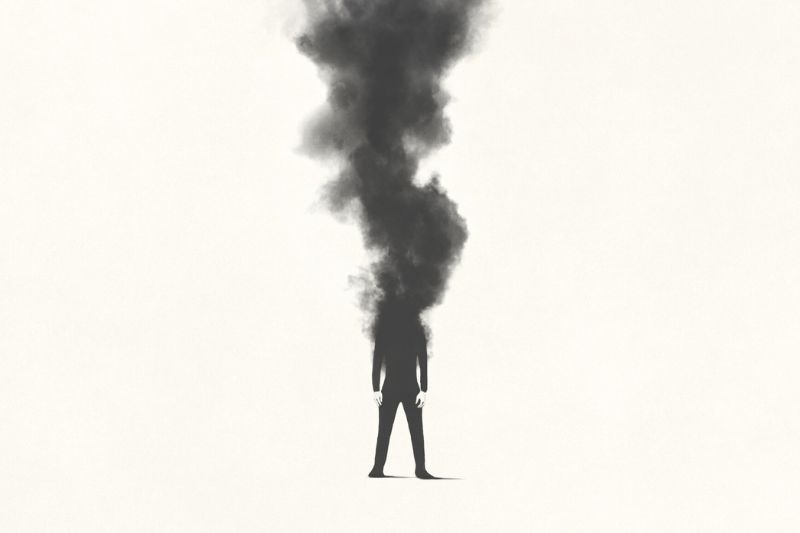
AUSTRALIA
- Max Jeganathan
- 24 March 2025
Amid rising hate speech and tighter laws, something deeper festers. In a culture wired for outrage and shaped by tribal algorithms, we’re learning not just to disagree, but to despise. What happens when identity is built on enmity, and public debate becomes less about ideas and more about who we’re against?
READ MORE
-
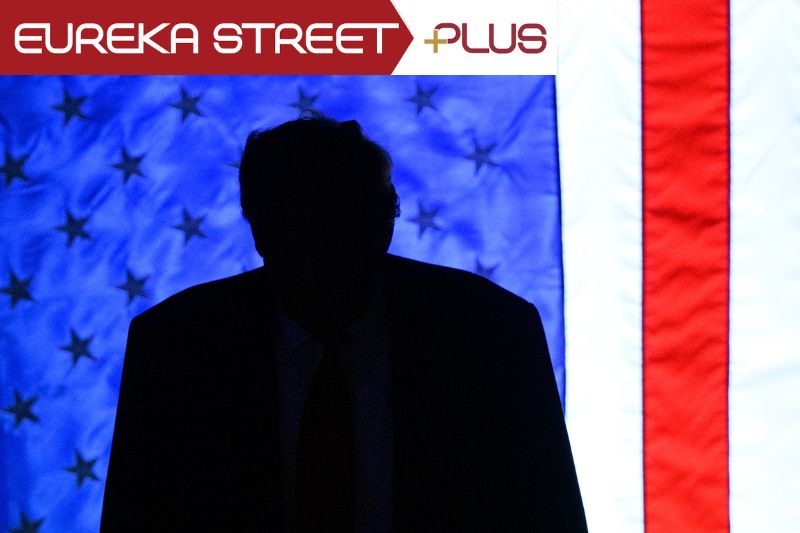
INTERNATIONAL
- Nirmal Ghosh
- 14 March 2025
Donald Trump’s return to the White House was the culmination of decades of economic decline, political disillusionment, and cultural fracture, forces the liberal elite ignored at their peril. As Trump reshapes America’s role in the world, his rise reveals hard truths about democracy, populism, and power in the 21st century.
READ MORE 
-
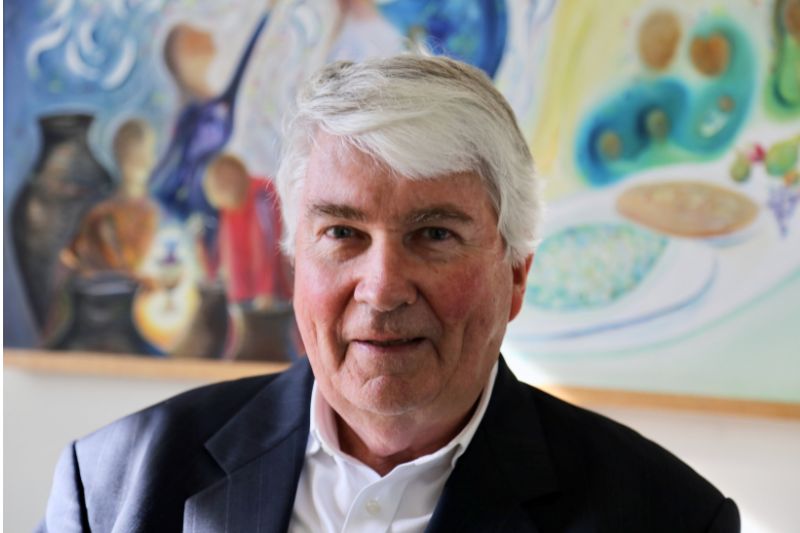
RELIGION
- Jim McDermott
- 13 March 2025
Frank Brennan wears his prominence lightly. A priest, lawyer, and tireless advocate for Indigenous rights and refugees, he is as at home in political corridors as he is at the dinner table, welcoming friends with stories and good cheer. Now, celebrating 50 years as a Jesuit, he reflects on faith, justice, and a life of service.
READ MORE